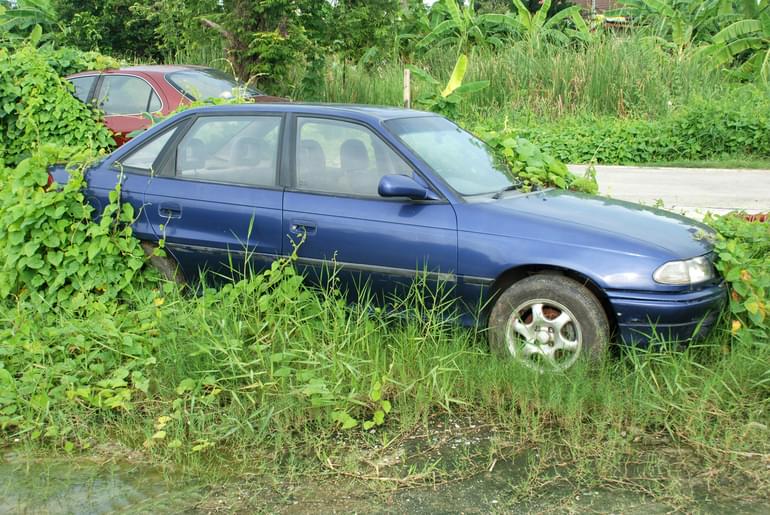When you need a torts notice
By David Asker on

A torts notice is a legal document alerting the owner of items that have been abandoned on private land or property. It is issued in accordance with the Torts (Interference with Goods) Act 1977. The fact that items or property have been left on your property or land makes you an involuntary bailee. This includes items such as cars, furniture and personal belongings. Even if in your opinion the items appear to be rubbish, you should.
You’ll need a torts notice if this applies to you, this is even the case if you have had items left behind by ‘persons unknown’ which includes squatters and travellers. As an involuntary bailee of the abandoned goods, you must take care of the items that have been left behind.
As a landlord need to create a tort notice, this should be sent to the individual if their address is known and if their address isn’t known you should make reasonable efforts to trace them.
You should also attach the tort notice to the items so that it can be clearly viewed.
What the tort notice should include
The tort notice should include the following detail
- An itemized list of the goods
- Where the goods are being kept
- Information about how long you will keep the goods before you sell or dispose of them, it is recommended that you give at least 14 days
- If you intend to sell the items, where the sale will take place
- If the items are to be sold, that storage and selling fees will be deducted from the proceeds of the sale
We would thoroughly recommend taking a photo of the tort notice you have affixed for evidence should there be any issues.
As a landlord, it is important that you carry out these steps to protect yourself from any legal action. Here at the Sheriffs Office will affix appropriate tort notices if we are evicting on your behalf and we ensure that this complies with all current legislation.

David Asker
David is an authorised High Court Enforcement Officer and our Director of Corporate Governance
